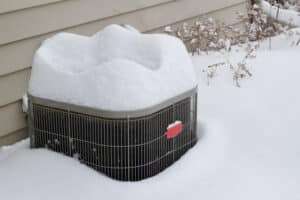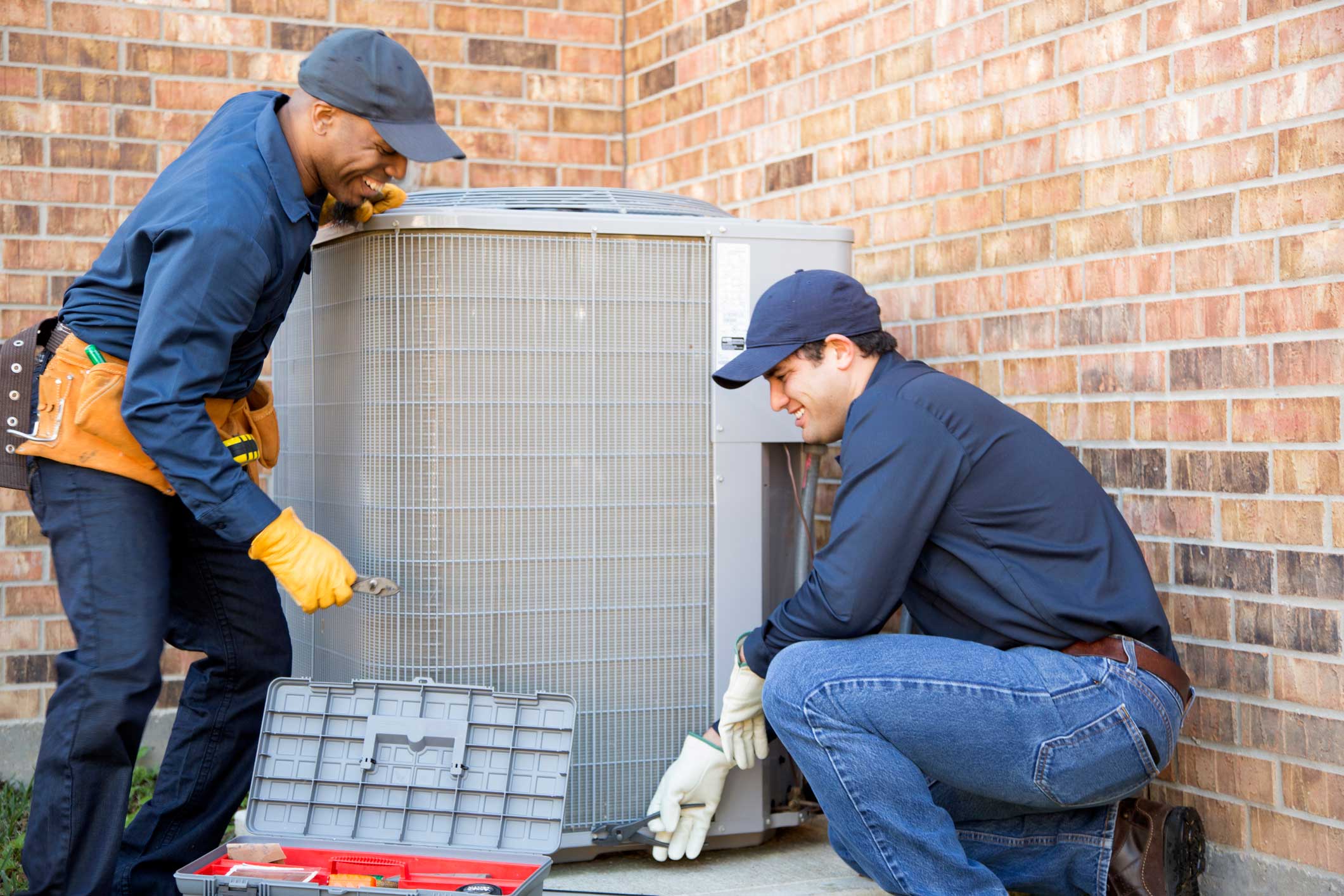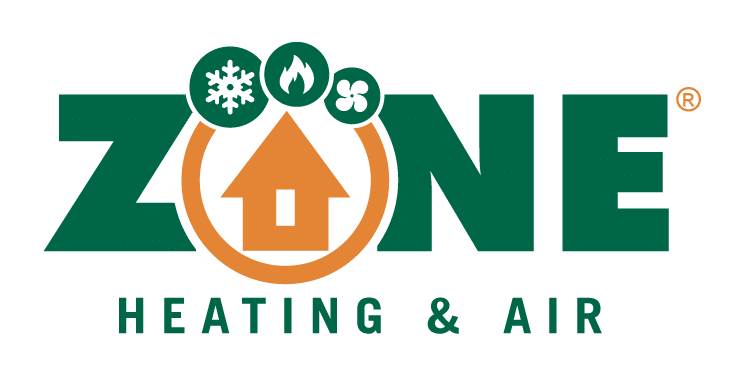 As we prepare to transition from the brilliant colors and cooler weather of fall to the drab and chilly months of winter it is important to give a thought to the health of your home’s HVAC system and potential problems.
As we prepare to transition from the brilliant colors and cooler weather of fall to the drab and chilly months of winter it is important to give a thought to the health of your home’s HVAC system and potential problems.
There are several issues that could affect the efficiency of your heating system over the coming weeks – and that is not something you want to encounter when old man winter is biting at your door.
That said, the first thing to do now is to call a NATE-certified technician to come and check the effectiveness of your heating system. If it has been more than six months since you’ve had your HVAC system inspected, it is most certainly a good idea to have a professional give it a good look before it is forced to kick into gear on a daily basis. You should always have your heating and cooling system checked twice-yearly – and what better time than now so that you may avoid winter HVAC problems.
But what if you’ve had a recent servicing? Well, there are still some common winter issues you could run into, especially if your heating system (furnace or heat pump) is 10 years older or more. Let’s take a look at some of those issues so you know what to prepare for and determine if you can DIY some of the issues yourself.
Common Winter HAVC Problems
Poor Air Flow/Imbalanced Temperature
This can affect your home no matter the time of year – it is just that it is much more noticeable during weather extremes. And it could stem from any number of factors. Depending on the age of your ventilation, you could have holes or leaks, or even blockages, in your ductwork. Or it may be as simple as having a closed vent in one or more rooms. So, give your house a good one-over and see if you can tell a difference in any room. You should also check for cracks or holes around windowsills and doorways, as conditioned air may be leaking out of an otherwise fine HVAC system.
Clogged Filters
Every HVAC system needs its filters replaced at least twice a year, and some systems only work at their peak when you change the filters once a quarter – perhaps even more frequently if you have pets. A clogged filter will create problems by decreasing air flow through your home just as much as a clogged duct. So, make sure your HVAC filters are clean and, if not, replace them.
Faulty Thermostat
The thermostat is, in essence, the brain of your HVAC system, telling all the components what to do in order to keep you warm. So, if your thermostat is not working properly, you can bet that you will not be warm this winter. The good news is that, often, a faulty thermostat can be fixed by simply replacing the batteries in the thermostat itself. You should be able to detach it from the wall and find the batteries inside. However, there are also times when the wiring or the unit itself may have malfunctioned. If so, you will need a professional technician to come in and fix the problem.
Request a Free Quote
Zone Home Solutions has five locations around the Atlanta area. Contact us to get a free, no obligation project quote.
Frosted Over Heat Pump
Here in north Georgia and metro Atlanta, heat pumps can produce plenty of heat to keep us warm through the winter. However, on those rare occasions when we receive significant snow or ice it is worth keeping an eye on your heat pump. That is because the outdoor component of your heat pump can frost over and stop moving unless it has automatic defrost settings so that it can melt away the ice from its coils and on its moving parts. Check to make sure that your unit has defrost capabilities, and, if not, contact an HVAC professional about potential fixes.
Check Your Pilot Light
If you have a furnace, you will need to ensure that your pilot light is burning strong, otherwise your furnace may have a harder time cranking up and producing immediate warm air. The most common cause for a misbehaving pilot light is a dirty or damaged flame sensor. If you feel comfortable, you should be able to locate your pilot light near the bottom of the furnace – there should be an obvious switch labeled “pilot light” with an “on” and “off” position. NOTE: IF YOU DO HAVE TO TURN THE PILOT OFF, ALLOW AT LEAST FIVE MINUTES FOR GAS TO DISSIPATE BEFORE TURNING IT BACK ON. If you are not comfortable messing with this component but suspect it is the issue, please contact a professional immediately.
Beware Of Carbon Monoxide Leaks
Most homes do not carry a serious threat of carbon monoxide leakage. However, if your furnace malfunctions, it could lead to carbon monoxide poisoning. Odorless and colorless, carbon monoxide leaks occur as a result of a cracked heat exchanger within the heater. Inspect the heat exchanger for any defects. Poor ventilation can also keep carbon monoxide from exiting your home. If you have any concerns about the age of your system of ventilation system, please contact a professional immediately.
Checking and addressing these issues will help keep you warm and carefree over the coming months and weeks. But if you need a hand or are considering a new heating system to keep old man winter at bay, please consider the pros at Zone. We have been keeping families throughout metro Atlanta cozy through the iciest of winters for over two decades.
Simply call us today at 770-904-5432 and our NATE certified technicians will set up a visit at your earliest convenience.
HVAC Repair is Just a Call Away


